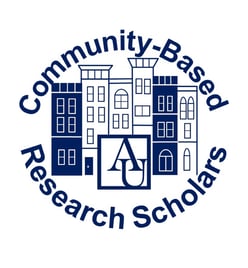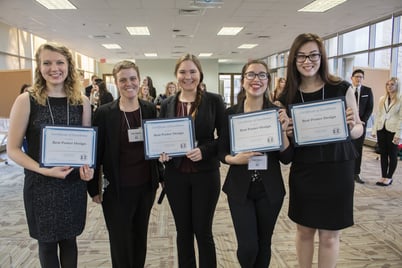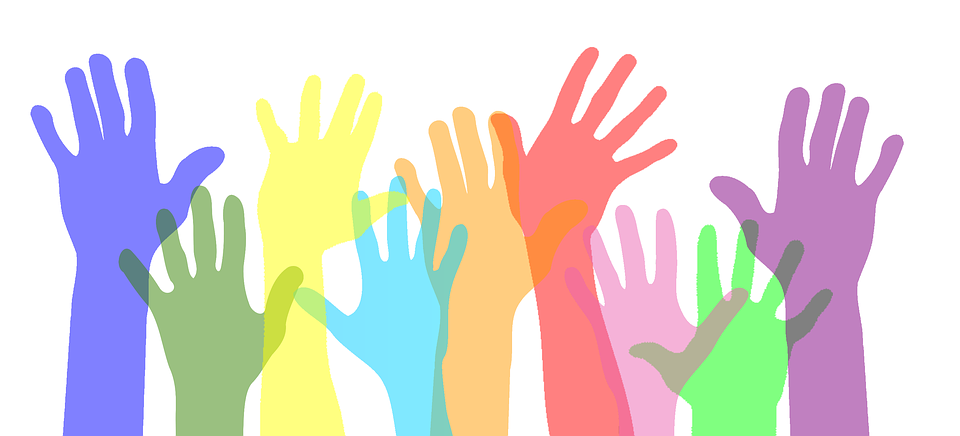This year I’ve learned a lot about service. In high school, I earned the Gold Presidential Volunteer Service Award for completing over 350 hours of service within a year. That same year I was kicked out of my school’s National Honor Society for missing a meeting. I knew back then that the way organizations like NHS framed volunteering bothered me a lot. They treated it as a requirement, something you did so you could put it on your résumé. It felt disingenuous and quite honestly, fraudulent.
As an incoming freshman at American University, I was invited to join the Community Based Research Scholars (CBRS) program. CBRS is a group of 40 students selected for their high academic achievement and demonstrated dedication to community service. We took two classes as a cohort in the fall and one in the spring. Our fall course was designed to introduce us to the history of Washington, DC and the basic principles of community based research. We had the opportunity to partner with United Planning Organization in the fall for their community-beautification day. According to their website, UPO was established in 1962 “to plan, coordinate, and implement human services programs for low-income residents in the Nation’s Capital.” At first glance, it seemed like every other service day I’d participated in before. I was wrong. CBRS has worked with UPO for years. In the weeks leading up to the service day, my Poverty and Culture class discussed the history of the organization. Ms. Shirley Price, a staff member at UPO, came to talk with us about the organization, the community we’d be working in, and the type of service we’d be doing. Learning more about the community and partnering organization helped make the service more meaningful, and allowed me as a volunteer to better serve the group.

This semester, CBRS partnered with Thrive DC, an organization that “works to prevent and end homelessness in Washington, DC by providing vulnerable people with a wide range of services to help stabilize their lives.” Almost half of our cohort has been working with Thrive DC since October as weekly volunteers. In the last several months, our class has undertaken a project to help Thrive DC gain more information about their clients and assess the services they are providing. We have conducted over 150 interviews, and are currently in the process of compiling data and drawing our conclusions.

Point Scholar Maddie Pavek with fellow CBRS students
This project has taught me more than I could’ve possibly imagined. I’ve learned that the most impactful service comes from community collaboration and sustainable relationships. So often volunteers are looking for a quick solution and instant gratification that they forget to actually listen to the needs of the community they want to help. I wrote a 10-page paper for class on the connection between mission trips and the white-savior complex, so I’ll try to keep it short here. Ultimately, we want to feel good about ourselves as volunteers, but subconsciously we want to feel superior. In order to make the most of service partnerships, we must take the time to self-reflect on our own identities and privilege. Volunteers are meant to be tools, not leaders, when collaborating with community organizations. They are there to support the community’s efforts, something that I think gets lost on a lot of people.
As part of CBRS, I have the opportunity to earn a certificate in Community Based Research going forward, which requires me to complete a capstone project. I’m excited to take all the knowledge I’ve gained from my classes and experiences as a Point Scholar to create a project of my own in the future.

This post was written by Point Scholar Maddie Pavek.
Maddie is a double-major in political science and women’s, gender, and sexuality studies at American University. She is passionate continuing her work with sexuality education, victim advocacy, and the LGBTQ+ community. Read more about Maddie here.

